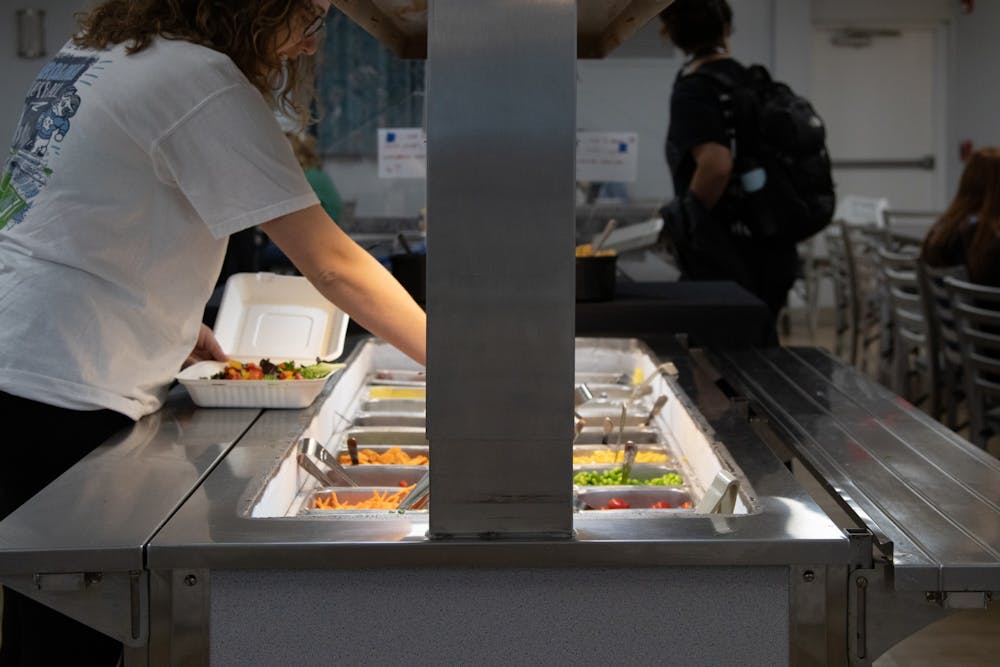Whether you’re a Top of Lenoir regular or order Sushinara three times a week, the eating options on campus can grow a bit redundant.
For some students, though, fraternity and sorority houses provide their day-to-day meals.
Normally, to eat in one of the University’s 12 Panhellenic sororities, you must either be a member or be invited by one. But Jack Morningstar, a sophomore majoring in business administration and political science, created a blog called Pan-fried for which he visits each of the sororities on campus and compares their dining experiences.
As a member of a UNC fraternity, Morningstar said the biggest difference between fraternity and sorority eating is the ambience. He said some fraternities eat in the same rooms where they throw parties.
“The floor is sticky, there’s this musty smell — it’s just not really a place where you want to be eating,” he said.
Morningstar said some sororities, on the other hand, resemble country clubs.
Marie St. Hippolyte, one of the chefs at Pi Beta Phi, has cooked for both fraternities and sororities.
“I had been in the restaurant business my whole career,” St. Hippolyte said. “When the restaurant I had been working for sold, I started looking for a new job. I really just lucked into it.”
St. Hippolyte started out working for a company that connected chefs to fraternities and sororities at the University of Maryland.



